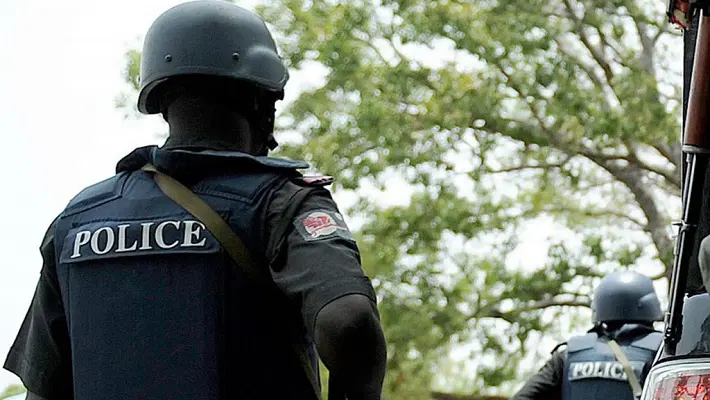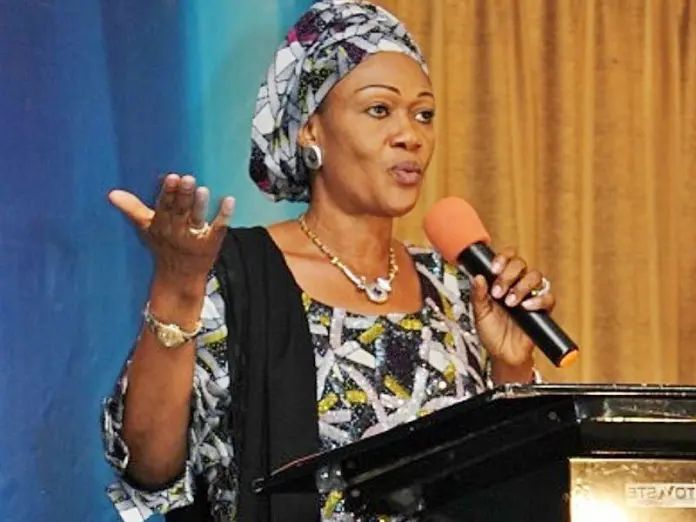Anti-corruption and accountability advocates have raised concerns about the lack of legal protections for whistleblowers in Nigeria.
They said the plights of whistleblowers and declining whistleblowing are worsened by poor access to public information, corruption and lack of independence of judicial institutions in Nigeria.
They raised the concerns at a conference organised by the African Centre for Media and Information Literacy (AFRICMIL) in Abuja on Thursday. The conference was themed “Amplifying Whistleblowing to Reduce Corruption and Protect Human Rights”.
In his remarks, the coordinator of AFRICMIL, Chido Onumah, expressed worry that whistleblowers in Nigeria face a lack of safe and enabling environment that allows them to freely report wrongdoing without fear of reprisals.
“This is compounded by the non-adherence to access to information laws that would enable them and others to obtain information held by public institutions and empower them to hold powerful individuals and corporate entities to account, as well as the lack of effective and independent judicial institutions that would provide access to justice and valuable remedies for human rights violations,” Mr Onumah said.
He recalled that reports of disclosures of corrupt practices rose in the public sector shortly after Nigeria announced a whistleblowing policy.
However, Mr Onuma said “whistleblowers in different government agencies increasingly became targets of vicious retaliation in the absence of a protection law and desperate provisions for their safety as captured in Section 6 of the National Whistleblowing Policy.”
Nigerians need credible journalism. Help us report it.
Support journalism driven by facts, created by Nigerians for Nigerians. Our thorough, researched reporting relies on the support of readers like you.
Help us maintain free and accessible news for all with a small donation.
Every contribution guarantees that we can keep delivering important stories —no paywalls, just quality journalism.
The President Muhammadu Buhari administration introduced the whistleblower policy as part of its anti-corruption programmes in December 2016.
The policy, which recorded initial bursts of tip-offs from the public exposing suspected loot kept in homes and other unlikely places, included a monetary reward for a whistleblower upon a successful recovery.
 Amplifying Whistleblowing to Reduce Corruption and Protect Human Rights conference
Amplifying Whistleblowing to Reduce Corruption and Protect Human Rights conferenceHowever, the momentum has waned over time, a development attributed to lack of adequate protection for whistleblowers. While there are concerns that unscrupulous persons have taken advantage of the policy to raise false alarms to embarrass adversaries, many genuine whistleblowers have faced multidimensional threats and retributions, including prosecution as a result of trying to leak information about suspected wrongdoings.
Mr Onumah cited instances where whistleblowers have faced transfers, salary denials, suspensions, or even dismissal, underscoring the inadequacy of existing safeguards.
He said the absence of robust legal protection has resulted in a decline in the number of whistleblowers willing to come forward.
In its efforts to help strengthen the policy, Mr Onumah said AFRICMIL came up with the Corruption Anonymous initiative supported by Amnesty International and the MacArthur Foundation.
He however noted that lack of legal protection haa hampered the initiative’s effectiveness.
“Faced by this lack of protection, citizens, mostly public sector workers, began to lose interest in blowing the whistle because of the fear of consequences. There are workers and these consequences are many.
“Workers are being made to suffer all kinds of punishments, from suspension to denial of salaries and other benefits, including punitive transfers and in some cases outright dismissal,” he said.
Mr Onumah called for a stronger resolve to see the need to “encourage whistleblowing and protect our compatriots who become victims of impunity and abuse of power only because they make disclosures against corrupt and other illegal practices that violate the rights of the people.”
Roles of free press, robust access to information
In his keynote address, Senior Legal Officer for the Africa Regional Programme of the Open Society Justice Initiative, Maxwell Kadiri, stressed that effective whistleblower protection requires not only legal safeguards but also a free press and transparent access to public information.
“The FOI Act is an essential instrument for transparency, but its implementation remains inadequate,” Mr Kadiri said.
Mr Kadiri called for a whistleblower protection that surpasses those in other African nations such as South Africa and Uganda.
He emphasised the need for strong enforcement mechanisms and adherence to international standards, citing Nigeria’s commitments under the United Nations Convention Against Corruption (UNCAC) as a benchmark.
Similarly, Kabir Aliyu, representing the National Human Rights Commission, said “Corruption undermines access to essential services such as healthcare and education, threatening the country’s stability.”
He called for stronger legal protections and increased public awareness to address these issues.
Barbara Magaji, representing Amnesty International Nigeria, who shared the views of the nexus between corruption and human rights violations, stressed the need “for policies to be effective, they must be supported by robust legal frameworks.”
‘Whistleblower bill underway’
Meanwhile, the Assistant Director at the Presidential Initiative on Continuous Audit (PICA) at the Federal Ministry of Finance, Johnson Oludare, draft Whistleblower Protection Bill would be resubmitted to the Federal Executive Council for review.
“The bill would be submitted to the Federal Executive Council by the Finance Minister Wale Edun, which will be forwarded to the National Assembly,” Mr Oludare said.
He urged civil society organisations to actively engage with lawmakers to ensure the bill’s swift passage.
In 2022, the federal government introduced a draft bill aimed at enhancing whistleblower protections.
READ ALSO: African Anti-corruption Day: Group urges governments to make laws to protect whistleblowers
The then-Minister of Finance, Budget, and National Planning, Zainab Ahmed, announced that the bill sought to strengthen the legal framework for whistleblowers.
“This bill represents a significant advancement in our efforts to combat corruption,” Mrs Ahmed said. But the bill did not see the light of the day until the administration’s tenure elapsed and the 9th National Assembly session wound up in 2023.
Support PREMIUM TIMES' journalism of integrity and credibility
At Premium Times, we firmly believe in the importance of high-quality journalism. Recognizing that not everyone can afford costly news subscriptions, we are dedicated to delivering meticulously researched, fact-checked news that remains freely accessible to all.
Whether you turn to Premium Times for daily updates, in-depth investigations into pressing national issues, or entertaining trending stories, we value your readership.
It’s essential to acknowledge that news production incurs expenses, and we take pride in never placing our stories behind a prohibitive paywall.
Would you consider supporting us with a modest contribution on a monthly basis to help maintain our commitment to free, accessible news?
TEXT AD: Call Willie - +2348098788999


















 English (US) ·
English (US) ·